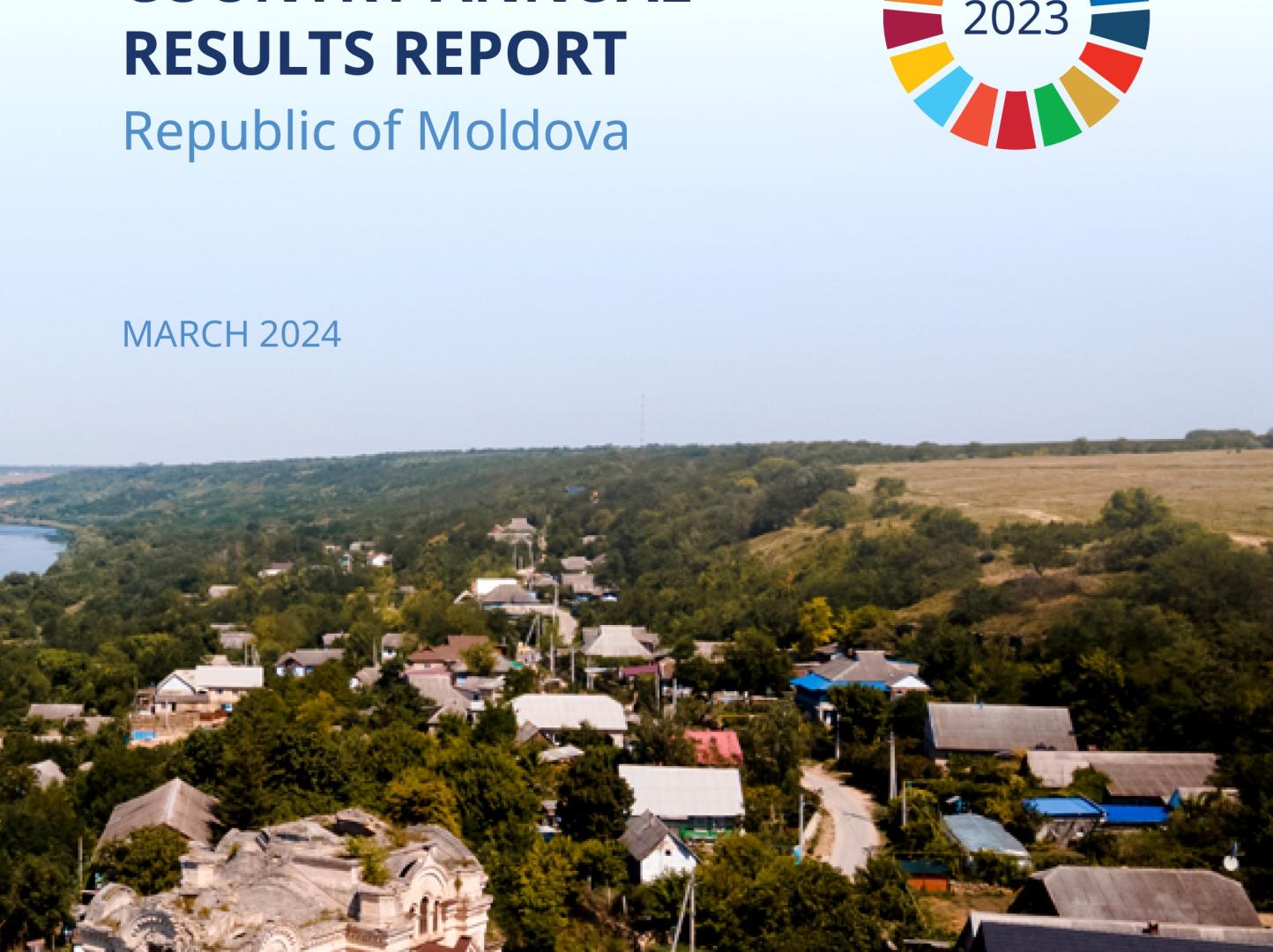Social and Economic Impact Assessment of COVID-19 in the Republic of Moldova: A Human Rights Based Approach (HRBA)

A Human Rights-Based Approach (HRBA) to any intervention, including the Social and Economic Impact Assessment of the COVID-19 Pandemic, entails due attention being given to the international human rights framework that treats all human beings, without discrimination, as rights holders. In other words, the HRBA puts human beings, with their needs, choices and preferences at the centre of any intervention. The difference between HRBA and other approaches (such as needs-based approaches) consists of the fact that HRBA does not rely on charity or benevolence of specific actors and it empowers and gives an active role to those effected. Under the HRBA, every human right implies an identifiable duty bearer with specific immediate obligations (obligation not to discriminate in the realization of the right) and sometimes also progressive (when full realization of a right is achieved progressively due to resource constraints). However, we should note that resource constraints cannot be an excuse for failing to address rights due to a clear obligation to use maximum available resources for progressive realization of rights and to ensure minimum core enjoyment of human rights to all. HRBA entails due attention to both human rights principles and standards. The elements of the HRBA are briefly substantiated below.





